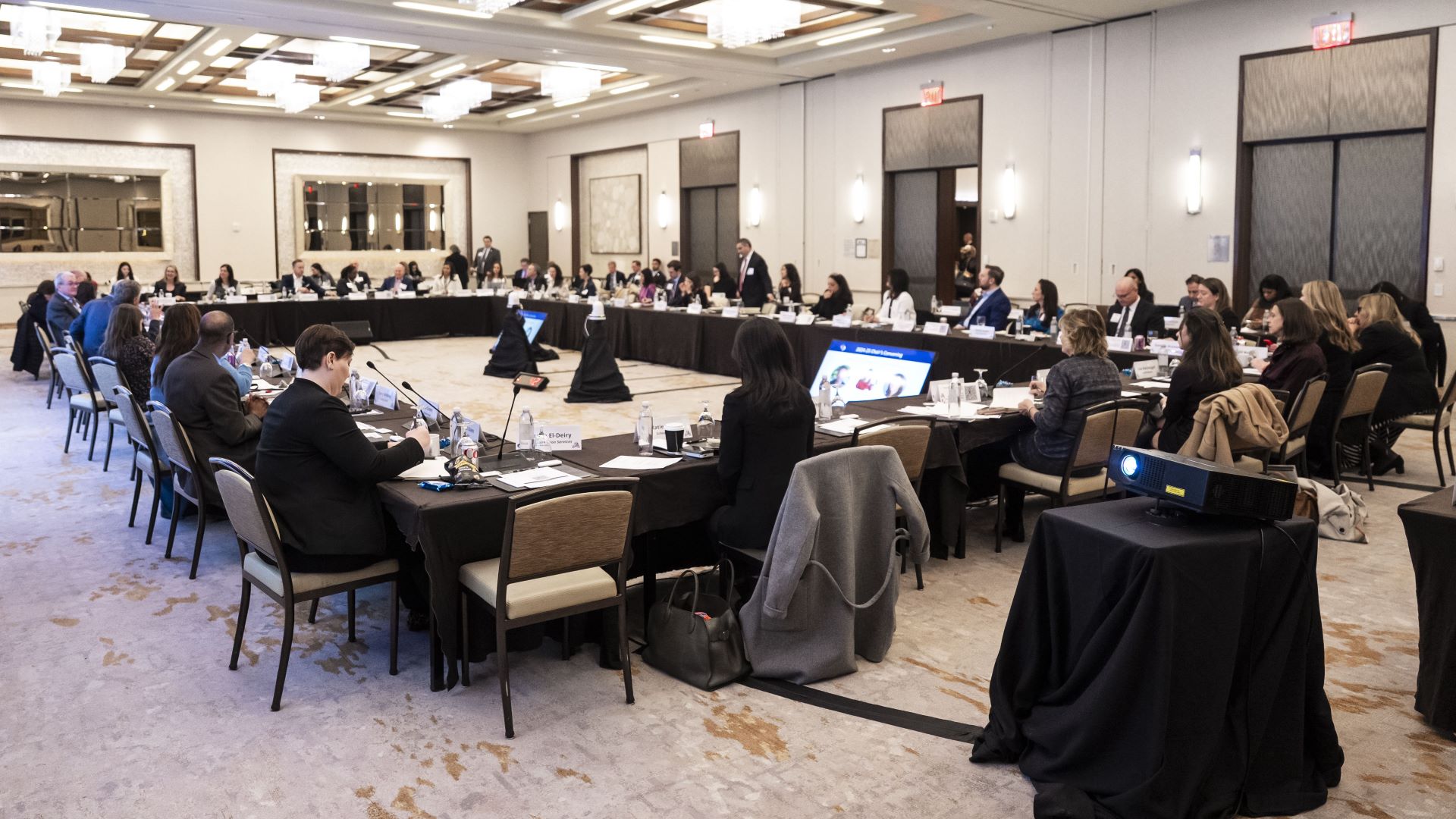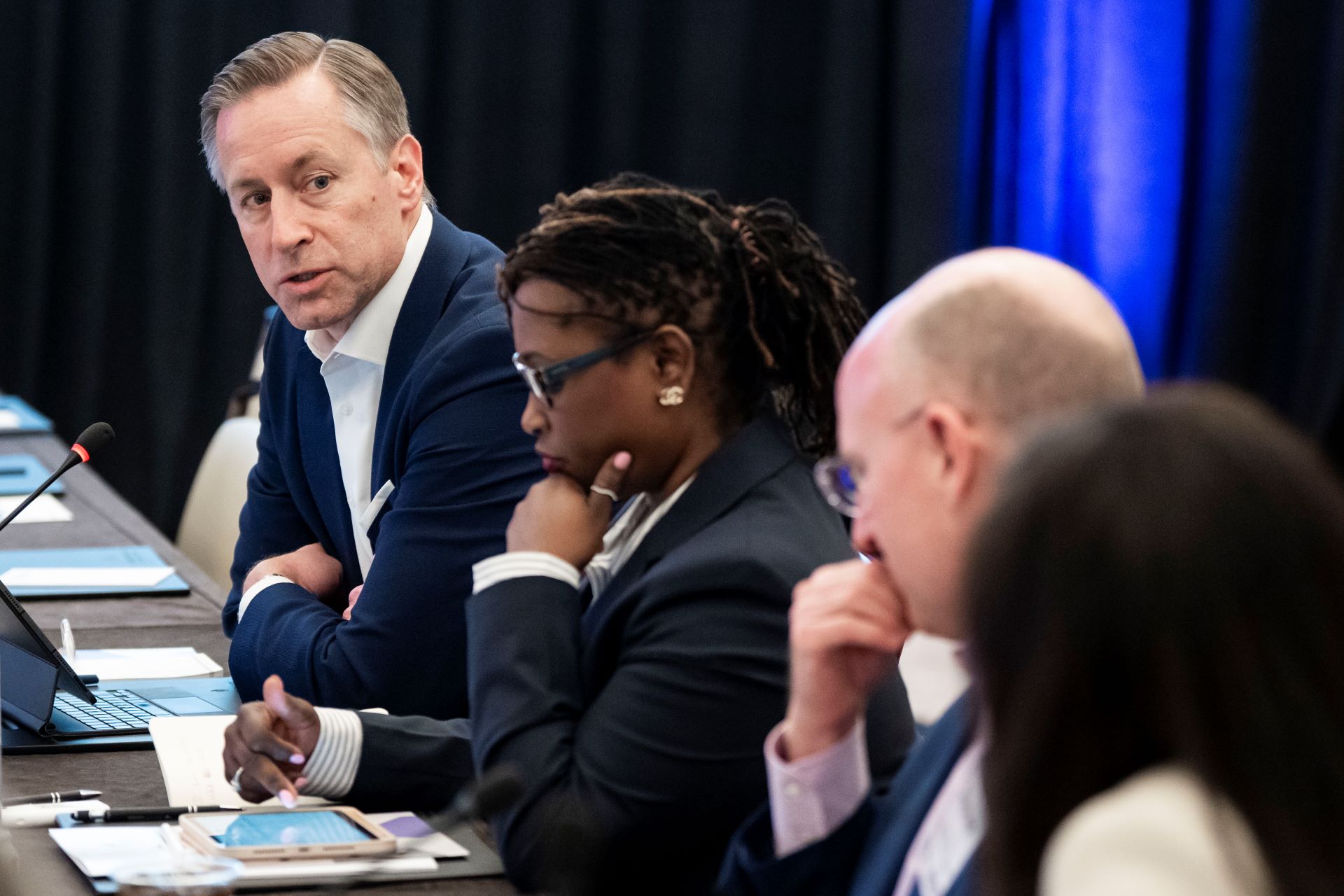As families and communities face continued uncertainty due to the COVID-19 pandemic, eight states have joined a network that will bring together Governors’ offices, child welfare leaders, state human services and education officials, and nonprofit partners to collaborate on strategies that improve and support child and family well-being.
The National Governors Association Center for Best Practices (NGA Center) and Casey Family Programs today announced the launch of the 2021 Child and Family Well-Being Learning Cohort. Through the end of the year, the network will convene Governor’s office representatives, state human services executives, child welfare leaders, education leaders and others in a collaborative network to coordinate strategic solutions to preventing child abuse and neglect and ensuring child and family well-being. This network builds off the success of a previous learning cohort that assisted a number of states in developing partnerships between education and child welfare agencies to help meet the needs of children and families while schools operated virtually.
Currently, the states in the network are: Arkansas, Connecticut, Delaware, Hawai‘i, Kansas, New York, Virginia and West Virginia.
Many states have seen large declines in the number of reports of child abuse or neglect during the COVID-19 pandemic. This phenomenon can be attributed to stay-at-home orders, the transition to virtual schooling, and children’s limited interaction with mandated reporters who can better direct and dispatch resources to families according to their needs. Yet the abuse and neglect crisis still exists, and amid the pandemic, state leaders are challenged to balance both the responsibility of ensuring children and families are connected to critical resources, and the obligation to maintain the safety and well-being of vulnerable populations.
The new network will enhance states’ efforts by assembling a cohort of state leaders committed to enhancing child and family well-being so they can collaborate and jointly assess state needs, explore challenges affecting multiple states, and strategize to achieve results-driven improvements.
“In partnership with their state agency leaders and nonprofit and community-based organizations, Governors are taking the lead in promoting comprehensive approaches to promoting child and family well-being,” said Timothy Blute, director of the NGA Center. “The support and partnership of Casey Family Programs has been invaluable to mobilizing this learning network.”
“The ongoing health and economic challenges exacerbated by COVID-19 prove we cannot entirely rely on existing systems like those of mandated reporting, in-school surveillance and the old ways of doing business. These systems were not built to alleviate the stress on families, yet we know safe and stable environments and relationships can help every child to thrive,” said David Sanders, executive vice president for systems improvement at Casey Family Programs. “The Child and Family Well-Being Learning Cohort provides state leaders an opportunity to work together toward building more effective and inclusive partnerships to ensure that all children and families have access to the opportunities and supports they need to thrive.”
As part of the network, participating states will:
- Engage with a collaborative network of innovative state leaders to develop and coordinate solutions that improve child abuse and neglect prevention and support child and family well-being;
- Enjoy access to innovative tools designed by peers in the field and be paired with experts engaged by the NGA Center and Casey Family Programs; and
- Receive in-depth technical assistance tailored to state-specific goals, including workshops, webinars, facilitated peer-to-peer learning and more.
On March 24, the NGA Center welcomed the initial cohort of states to a virtual kick-off convening. The cohort will remain open to additional states for participation and will continue to meet regularly on a monthly basis throughout the year. States interested in joining the cohort should contact Rosalynd Mosser at rmosser@nga.org.











